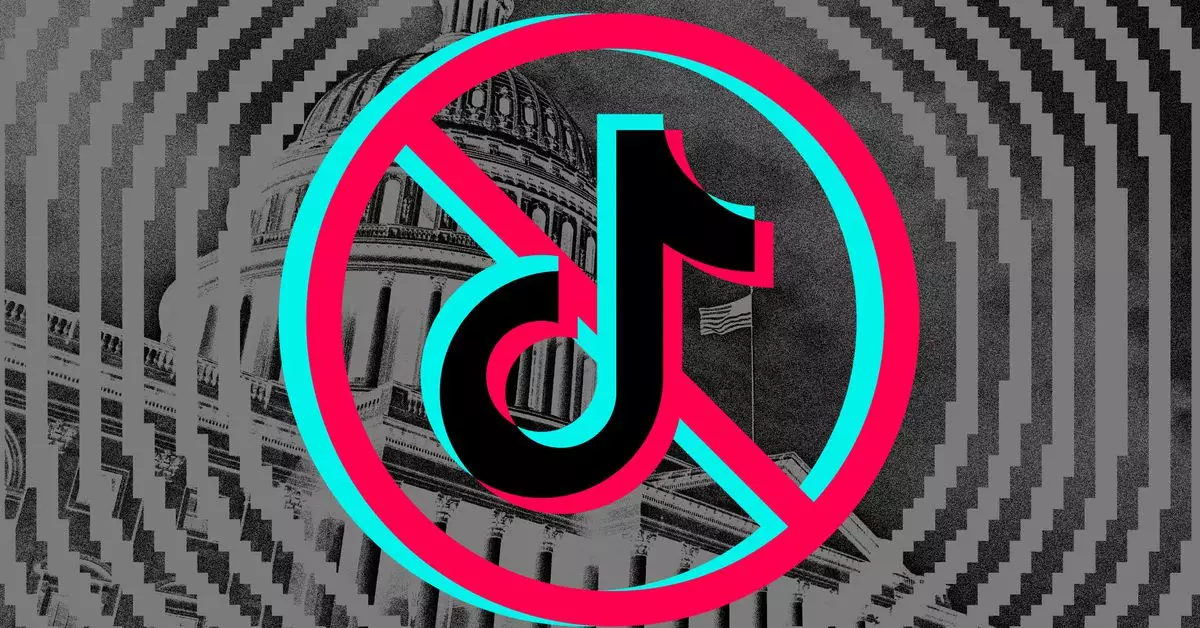In a recent development, eight TikTok creators have decided to take legal action against a proposed law that would ban the app unless its Chinese parent company, ByteDance, divests it. These creators argue that such a measure would not only strip them of their livelihoods but also deprive them of their primary creative outlet. The lawsuit mirrors the challenge that TikTok itself has mounted against the law, as both cases rely heavily on First Amendment arguments and dismiss lawmakers’ concerns as speculative. Furthermore, the lawsuit draws parallels between this proposed ban and previous attempts to outlaw TikTok, including former President Donald Trump’s executive order and a state law in Montana.
While TikTok’s lawsuit emphasizes the impracticality of separating the app from ByteDance, the creators’ lawsuit places greater emphasis on the potential impact on their freedom of speech if TikTok were to cease to exist. The creators, including individuals such as rancher Brian Firebaugh, book reviewer Talia Cadet, and college football coach Timothy Martin, present TikTok as a unique platform for self-expression. They highlight features such as the recommendation algorithm, the green screen capability, and duet functionality as elements that set TikTok apart from other social media platforms. According to the lawsuit, TikTok’s distinctive culture and identity are deeply intertwined with its content curation system, making it irreplaceable for creators.
The creators argue that while they have used other platforms such as Facebook and Instagram, their following on those sites pales in comparison to their TikTok audience. They express fear that a change in ownership could significantly alter their experience on the platform, drawing a comparison to Elon Musk’s takeover of Twitter (now known as X). The lawsuit emphasizes not only the creation and consumption of content through TikTok but also the unique editorial practices that contribute to the platform’s appeal. The creators believe that these practices are essential for maintaining the authenticity and integrity of their content.
The case has been filed in the federal Court of Appeals in DC, which holds exclusive jurisdiction over challenges to the forced divestment law. The creators are seeking a declaration that the law is unconstitutional and are requesting an injunction to prevent its enforcement. While the court is likely to address the First Amendment concerns raised by the creators, it will also need to consider the national security implications outlined by lawmakers when passing the bill. The creators and TikTok must demonstrate that their right to free expression outweighs any potential security risks associated with the app’s ownership.
The battle to save TikTok is not just about protecting a popular social media platform; it is about safeguarding the creative freedom and livelihoods of countless individuals who rely on TikTok as a vital outlet for self-expression. The outcome of this lawsuit will have far-reaching implications for the future of online content creation and the balance between national security and free speech in the digital age.


Leave a Reply